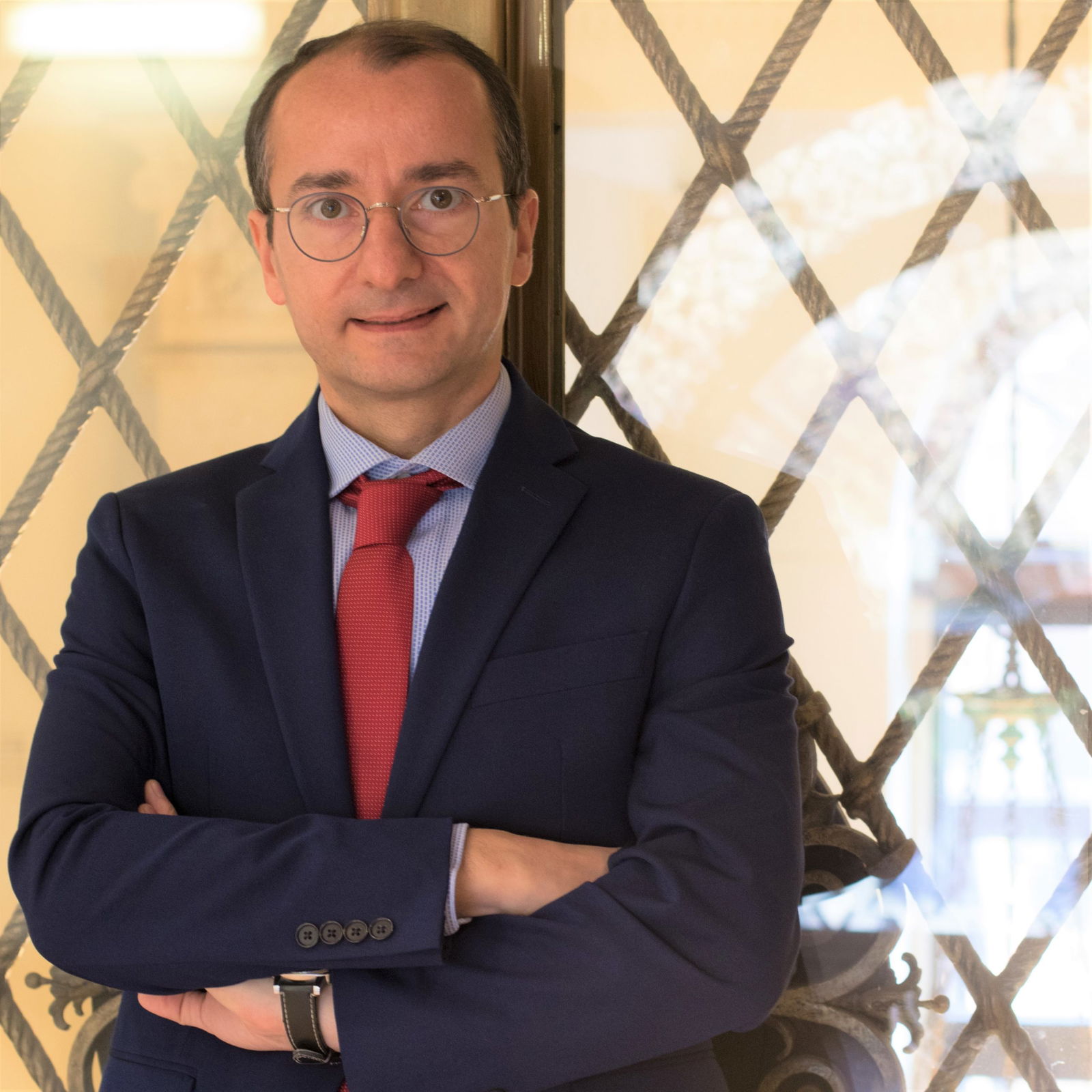On the occasion of International Women’s Day, the Armenian Weekly webteam features the opinion piece below, published in the Weekly on March 3, 2007. Over the past two years, the article, written by Weekly editor Khatchig Mouradian, has been widely circulated and has generated much-needed discussion. We welcome your comments.
On March 8, women in Armenia will be expecting roses, gifts and other expressions of love from their husbands, fiancés or boyfriends. It is International Women’s Day (IWD), after all. It is the day they will feel celebrated.
But like every year, that atmosphere of celebration will conveniently ignore the political message of IWD. In many cases, the roses will read “I am your caretaker,” and “I am (or will be, or want to be) the head of our home.” Rarely will they say “You and I are equals” or “Armenian women have been the pillars of Armenian society in the best of times and in the worst of times.”
Few men will remind the woman they give the roses to about the Armenian women who bore the torch of the feminist movement in the Ottoman Empire. Very few will remember the women who fought alongside the men when Turkish regulars and irregulars attacked their villages.
Many will continue believing that while Srpouhi Dusaps and Sose Mayrigs are heroes, “our women” should not resemble them.
“Our women” ought to be obedient (hnazant), and us men shall remain the head and the master (der).
Few will remember that after the Yeghern of 1915, when most of the able-bodied Armenian boys and men were killed, it was the Armenian women who took up the survival of an entire nation on their shoulders.
And on their shoulders this nation—with its two wings—still rests today.
From our mothers to our teachers, to our partners in the workplace and our partners at home, Armenian women continue to carry this nation on their shoulders, while we, the men, stay busy showcasing our muscles.
Not only should we acknowledge and treat them as equals, but we must thank them for conceding to be equals with us.
This is not a message of feminism as much as it is a message that we will grasp when we, as Armenians, look behind us and around us.
The Armenian Weekly
March 3, 2007



there is no need to justify the fact that this is indeed a message of feminism. ther eis nothing wrong with the term feminism or feminist. it refers to the cause of reviewing our gender roles and stereotypes. it encourages us to look at us as humans and not gendered creatures. there will always be differences between men and women and no one is saying it otherwise – but differences doesn’t or shouldn’t mean inferior or superior to the other.
i like your opinion piece. i would have liked you to develop the thoughts and provoke some more issues.
finally, you refer to women in the 19th and 20th century. let’s look at Armenia’s most recent decade – the post-Karabagh war lifestyle where most men wither died, were left disabled, abandoned their families, or simply became to proud (or lazy) to do certain jobs which they felt was not manly enough. AGAIN, the women took it upon them to feed the family and breed pride and confidence in a new generation. Some of these women also fought in this war – most of us either choose to forget or don’t even know of their existence.